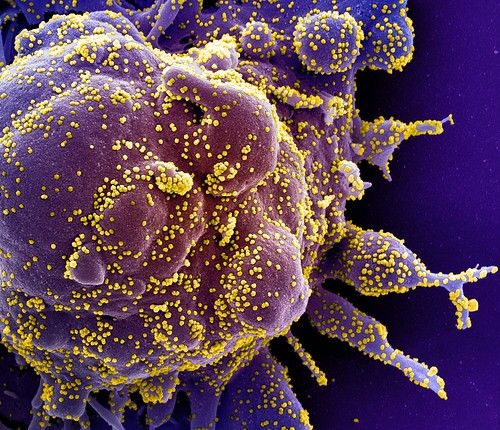Guest reviewer Rachel Nowak
If this book were a dog it would be a Border Collie. Smart, focused, keen to please, a little rough around the edges. Rounding up the unruly facts, figures and heroes of the first year of Australia's COVID-19 pandemic and separating them into neat narrative pens.
Published by Melbourne University Press in August 2021, An Insider's Plague Year, by Nobel Prize winner Peter Doherty, charts how Australian scientists responded to the first year of COVID-19.
Early in the pandemic, Doherty, a semi-retired immunologist, was invited to sit in on the thrice-weekly COVID-19 strategy meetings at the Melbourne institute that bears his name. Soon, he had taken on the job of getting the public up to speed on virology and immunology, publishing a series of essays that became the heart of An Insider's Plague Year.
Brain tickler
Doherty runs through why COVID-19 is not just flu. (The flu virus usually just grows in the lung. The COVID-19 virus also spreads in the blood, causing clotting that damages kidneys, hearts and brains.) He pulls apart the immune system, explaining how its cells get trained up to recognise invaders and ignore the body’s own tissue. He tells how viruses commandeer human cells to do their bidding, and how vaccines nudge other cells to fight back.
There are at least three essays on snot and other forms of mucus. For Doherty, the components of bodily fluids inspire awe. “T cells and B cells push through the 'looking glass' of loose epithelial junctions into the wonderland of the lymph node interior,” he tells us. This is a book that loves its work.
The penultimate chapter, which is one of the best, runs through what the Peter Doherty Institute has achieved in the first year of COVID-19. Three hundred thousand PCR tests. Developed a portable lab in a shipping container. A saliva test for the COVID virus -- meaning you don’t have to have your brain tickled to be tested -- which was used at the Australia Open tennis. A finger-prick blood test for COVID antibodies. A candidate next-generation vaccine. Genomics-based epidemiology that tells you what type of COVID virus you have where. The list goes on.
The curse of knowledge
But An Insider's Plague Year is patchy. The cacophony of researcher names and immunological abbreviations can be off-putting. Sometimes Doherty helps with a translation or a metaphor. And sometimes the curse of knowledge slays good intent: a chapter on Doherty’s own contributions to immunology, while providing a moment to marvel at his immunological virtuosity, is the least penetrable. Even Doherty agrees. That chapter “was a bit tortuous”, he writes.
An Insider's Plague Year is a great read for anyone considering a career in medical research, for medical scientists, or for the type of science junkie who is immersed in the discipline. But it’s questionable how well Doherty has achieved his aim of giving non-scientists -- even his target "engaged community" -- a grounding in COVID science.
The intent is important. That Doherty aches to share his knowledge is evident from his five previous books and his Twitter activity. That he is keen to learn from those outside of science is evident from An Insider's Plague Year. Danish author Hanne-Vibecke Holst, with whom he shared a public discussion in 2019, "was much more convinced of the extreme danger posed by pandemic viruses than I was--perhaps because, as a novelist, she has a better understanding of human behaviour....Having since seen how badly some countries have handled COVID-19, I realise that she was much more on the ball than I was," he writes.
And scattered throughout An Insider's Plague Year are references to the importance of the knowledge held by social scientists, nurses, actuaries, industry and the arts for tackling COVID and other problems facing humanity.
Level the playing field
Mission-orientated research that aims to solve problems like COVID-19, the climate crisis, and social inequity depends on input from the community and other types of experts to ensure it creates the right type of future. For that input to make a difference, the playing field needs to be levelled. That will require the best efforts of knowledge brokers like Doherty. But the job is too big, and too important, to be left to the few academic researchers who are prepared to donate their time to this cause. Communication and knowledge brokering needs to be a core skill of every academic researcher.
After all, writes Doherty, "Once this is over, we need our best minds from across the spectrum, plus broad community input to focus on…where the human family should go next.”
This review was originally published here in August 2021: https://www.linkedin.com/pulse/book-review-insiders-plague-year-dr-rachel-nowak-gaicd/.
Image: Novel Coronavirus SARS-CoV-2/Flickr under Public Domain Mark 1.0


